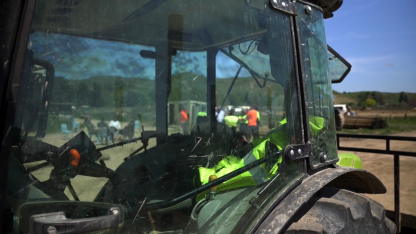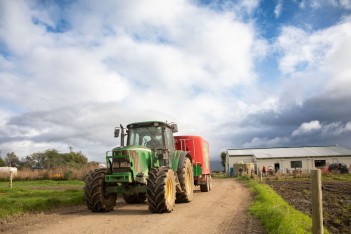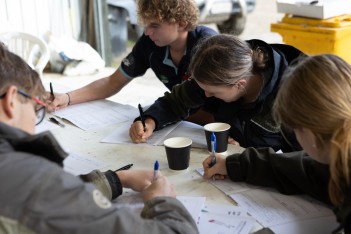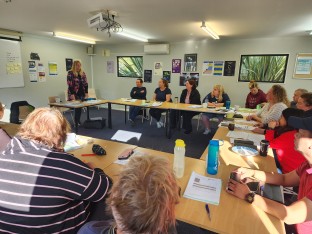2026 Investment Advice
Muka Tangata provides advice to TEC on investment in vocational education to influence funding decisions that considers industry needs, to help match skills and workforce demands with supply.
Learn moreThe Equine, Greyhounds and Racing industry is made up of three racing codes which include Thoroughbred racing, Harness racing and Greyhound racing, and each code has a governing body.
It is difficult to attract skilled staff, with some jobs relying heavily on migrant workers to fill them.
In 2022/23 the New Zealand racing industry contributed a direct value-added contribution of almost $1.9 billion to the New Zealand economy.
More than 70% of the money generated in the racing industry in 2022/23 directly benefited the North Island.
Key Challenges
Find out about our work to assess the quality of programmes delivered by providers for this industry here.
A snapshot of the Equine, Greyhounds and Racing workforce development plan is available for download here. Please note that this reflects a point in time (July 2024). The most up to date information is on the workforce development plans website.
Muka Tangata provides advice to TEC on investment in vocational education to influence funding decisions that considers industry needs, to help match skills and workforce demands with supply.
Learn more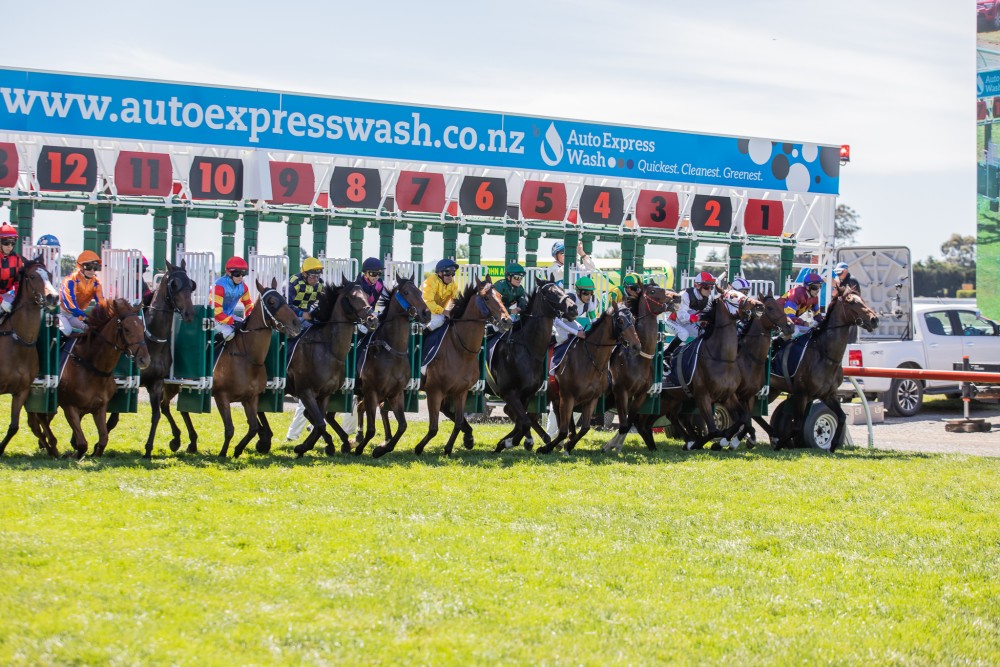
This section provides information about the workforce, industry and Vocational Education and Training (VET) provision and performance. It shows data and research focused on key aspects of Muka Tangata industry groups and learners. This section is expected to feature regular updates to the data and trends being showcased.
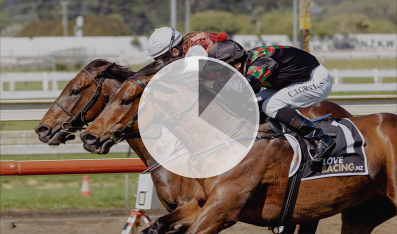
Insights for Industry about trends in economic performance indicators.

Insights on the workforce, including; size, ethnicity, age, regional distribution, and gender.
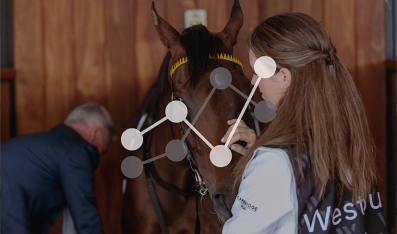
Insights about learners, including trends in enrolments and mix of provision.
In developing the Equine, Greyhounds and Racing workforce development plan, we asked industry stakeholders what the top opportunities were for the industry group. Staff retention is a big challenge and may be connected to minimal vocational education opportunities. In the Thoroughbred sector, the existing licensing system doesn't align with qualification requirements, which makes it hard to attract young people to become trainers when transferable qualifications are not recognised. The nature of the work, which includes long and unsociable hours, and relatively low remuneration, are some of the factors contributing to staff exit. A change to immigration settings has also had an impact on the availability of a skilled workforce. These challenges are all impacting on the ability of the industry to attract and retain staff.
This is our plan to address the vocational education and training opportunities that arose from our engagement, research and analysis. It includes real projects that we are committed to delivering, with most of these spanning across some or all Muka Tangata industries. Our Projects have replaced our previous “Roadmap Actions” and present a consolidated view of our mahi. Some of the previous roadmap actions have been completed or closed out following a review of our work programme and engagement with industry on the priority of these actions.
